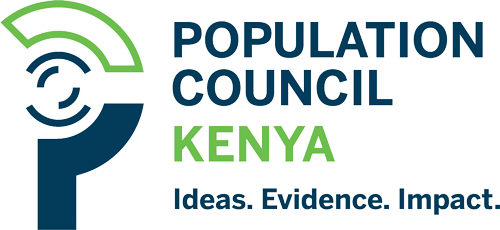Introduction
In line with UNAIDS' commitment to achieving the ambitious "Fast-Track" targets to end AIDS as a public health threat by 2030, the recent Regional Workshop on HIV Prevention held in Douala, Cameroon, served as a critical platform for countries within the West and Central Africa region to fast-track their national HIV prevention efforts.
Objectives
- Strengthen the capacities of country teams in precision prevention and its acceleration tools and analyse epidemiological data and programmatic results of HIV prevention in countries.
- Identify country-specific opportunities and develop a draft roadmap of strategic and relevant acceleration actions targeting priority population groups and areas.
- Identify support mechanisms from technical and financial partners for the effective implementation of HIV prevention acceleration roadmaps.
Proceedings
Day 1: Building a Foundation for Collaboration
Opening remarks emphasized the importance of regional collaboration in HIV response. the conveners presented the latest data on the epidemic and prevention strategies, setting the stage for discussions. Countries then shared their experiences, fostering knowledge exchange.
Day 2: Empowering Countries with Prevention Self-Assessment (PSAT) tool.
Day 2 focused on empowering countries to develop national roadmaps. Participants learned about the PSAT tool. The Republic of Congo shared how they used PSAT to identify effective interventions for key populations. Inspired, each country began crafting their own roadmaps using PSAT.
Day 3: Securing support for implementation
The final day centered on securing support for implementing roadmaps. Stakeholders explored options for technical and financial assistance from partners.
Key takeaways and next steps
All countries expressed strong interest in PSAT and future workshops. While some were unfamiliar with roadmaps or PSAT, the workshop fostered commitment to using PSAT. Every country recognized its potential to identify gaps, tailor roadmaps, and secure funding. Notably, Gabon aimed to complete their roadmap by June using PSAT.
The workshop also identified key challenges: strengthening leadership and programme coordination, improving donor coordination, addressing stigma and discrimination, bridging data gaps, overcoming funding limitations, and increasing PSAT awareness.
Participants will receive resources on best practices and PSAT utilisation to finalize their roadmaps and secure implementation support.
Resources
The presentation from this workshop can be accessed below.
Download Event Material

















